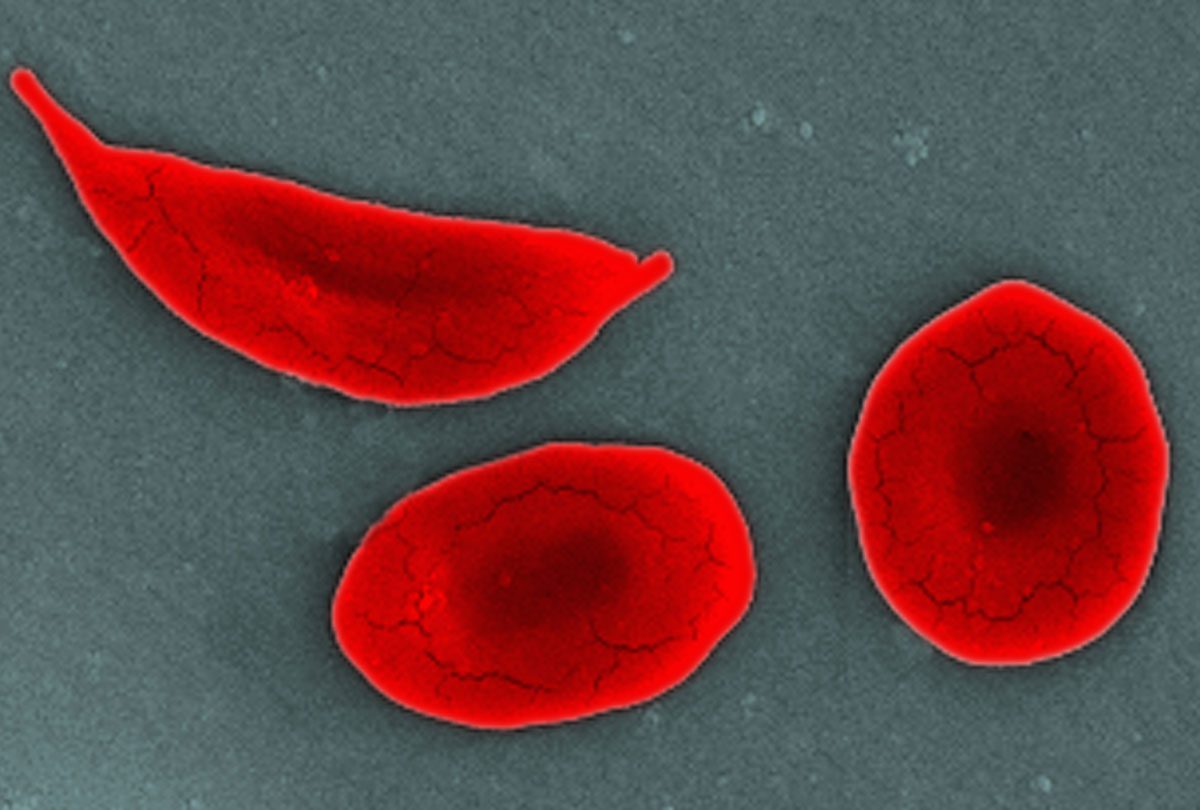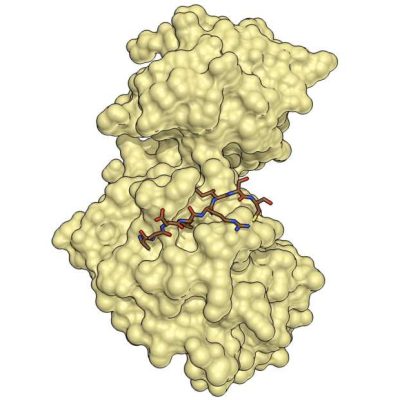In a groundbreaking development, the first-ever gene-editing drug for a genetic disease has been approved in the United States. Developed by Vertex Pharmaceuticals and CRISPR Therapeutics, Casgevy is a one-time treatment that permanently alters the DNA in a patient’s blood cells, freeing them from the painful symptoms of sickle cell anemia for life. However, experts warn that the relief will likely come at a high cost. The other approved therapy, Lyfgenia, uses a common virus to create genetic changes in a patient’s bone marrow blood stem cells. Both therapies represent a significant medical advancement in the use of innovative cell-based gene therapies to combat potentially devastating diseases.
Casgevy uses the CRISPR gene-editing technology to knock out a gene that triggers the development of faulty, sickle-shaped blood cells. Meanwhile, Lygenia uses a virus to deliver a genetic payload that causes blood cells to produce healthy hemoglobin. Both therapies involve taking stem cells from a patient’s blood for treatment. The genetically modified blood stem cells are then returned to the patient as a one-time single-dose infusion. The FDA’s approval of both therapies is a significant step forward in the development of safe and effective treatments for diseases with serious impacts on human health.
The evidence for Casgevy’s approval was based on 44 patients treated with the gene-editing procedure. Of the 31 patients with sufficient follow-up time for the study, 29 were completely free of the severe pain and organ damage that can occur during sickle cell anemia. Vertex plans to follow patients in clinical trials for 15 years. The approval of Lyfgenia was supported by a 24-month study in which 32 patients received the therapy, and 28 of them did not experience sickle cell anemia after transplantation. The disease affects millions of people worldwide, and carriers of the trait can protect against severe malaria. While the prices for both gene therapies have not been announced, experts believe they will be high. However, the relief from pain and hospitalization may be worth the cost for patients and their families.










